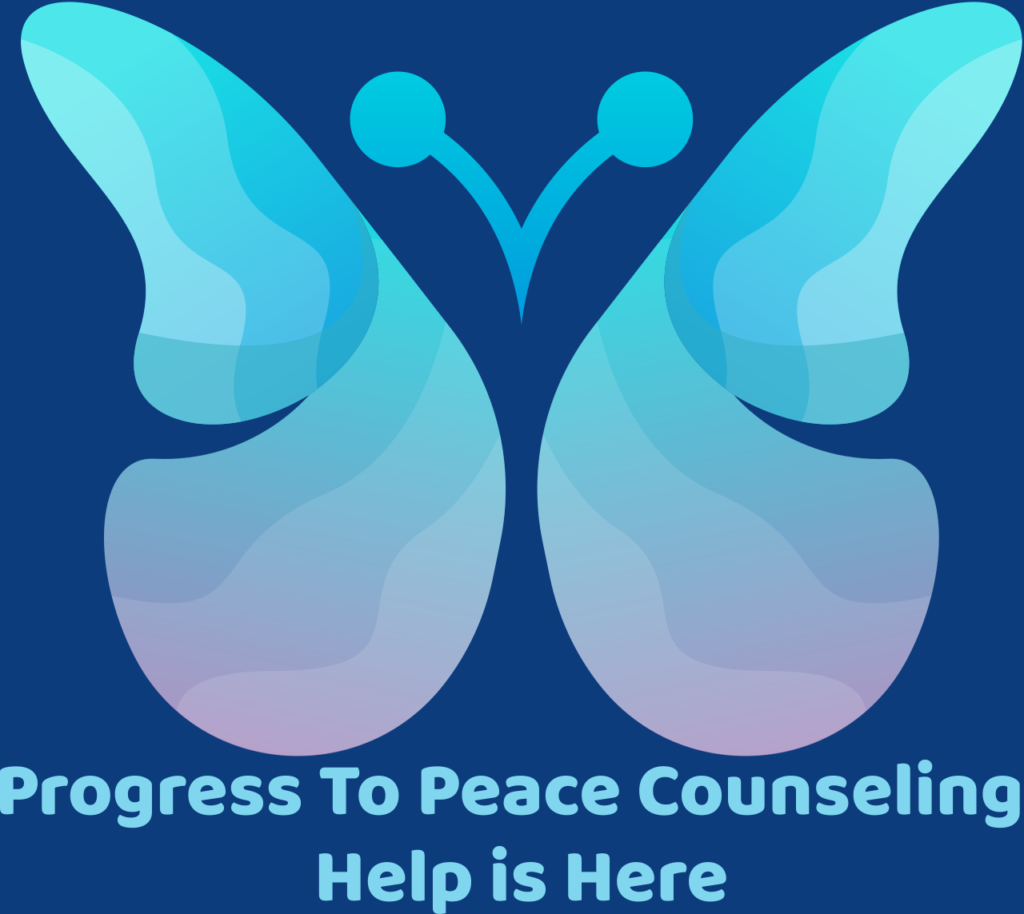In today’s fast-paced and often overwhelming world, mental health challenges are becoming more common. Stress, anxiety, depression, and other mental health issues affect millions of people worldwide, cutting across all ages and backgrounds. Amidst these challenges, clinical mental health counseling plays a pivotal role in fostering emotional well-being and resilience.
This blog will delve into why clinical mental health counseling matters, focusing on its transformative impact and the essential services it provides to individuals and communities. Whether you’re considering clinical mental health counseling in NC or elsewhere, understanding its significance can be a vital step toward a healthier and happier life.
What is Clinical Mental Health Counseling?
Clinical mental health counseling is a professional practice that combines therapeutic techniques, psychological expertise, and compassionate care to help individuals address and overcome mental health challenges. Counselors are trained to:
- Provide emotional support.
- Develop personalized coping strategies.
- Foster self-awareness and personal growth.
- Treat various mental health conditions, including anxiety, depression, trauma, and substance abuse.
The goal is not just to alleviate symptoms but to empower individuals to lead fulfilling and balanced lives.
The Growing Need for Mental Health Support
The demand for mental health services is currently at its highest level ever. Factors contributing to this include:
- Increased societal pressures and expectations.
- The lingering effects of the COVID-19 pandemic.
- There is an increasing awareness of mental health issues, along with a reduction in the stigma associated with them.
For individuals in North Carolina seeking clinical mental health counseling, the local availability of compassionate and skilled professionals ensures accessible support.
Benefits of Clinical Mental Health Counseling
Clinical mental health counseling provides numerous benefits, including:
- Improved Emotional Well-being: Counselors help clients manage stress, anxiety, and depression, fostering a more positive outlook on life.
- Strengthened Relationships: Counseling can improve communication and resolve conflicts in personal and professional relationships.
- Enhanced Coping Skills: Clients learn practical techniques to handle life’s challenges, from grief and loss to career stress.
- Personal Growth: Counseling fosters self-awareness, helping clients understand their values, goals, and potential.
Benefits of Clinical Mental Health Counseling
Tailored Support for Diverse Needs
One of the strengths of clinical mental health counseling is its adaptability. Counselors customize their methods to address the specific needs of each client. Some common areas of focus include:
- Trauma and PTSD: Helping individuals process and recover from traumatic experiences.
- Substance Abuse Recovery: Supporting clients in overcoming addiction and maintaining sobriety.
- Career Counselling: Guiding individuals through career transitions and work-related stress.
- Youth and Adolescent Counselling: Addressing issues like bullying, academic pressure, and identity development in younger clients.
Reducing the Stigma Around Mental Health
Despite growing awareness, stigma around mental health issues persists in many communities. Clinical mental health counselling plays a crucial role in normalizing the conversation around mental health by:
- Promoting education and understanding.
- Encouraging individuals to seek help without fear of judgment.
- Demonstrating the tangible benefits of therapy and support.
In North Carolina, initiatives promoting clinical mental health counseling NC services are helping break down barriers and make mental health care more accessible.
The Role of Clinical Mental Health Counselors
Clinical mental health counselors wear many hats, including:
- Therapist: Providing one-on-one sessions to address specific concerns.
- Educator: Offering resources and guidance on mental health topics.
- Advocate: Working to improve access to mental health care and reduce stigma.
- Collaborator: Partnering with other professionals, such as psychiatrists and social workers, to ensure comprehensive care.
Their multifaceted roles make them indispensable in the mental health care ecosystem.
Accessible Care for All
Clinical mental health counseling aims to be inclusive and accessible. This involves:
- Offering sliding scale fees or insurance options for affordability.
- Providing remote or telehealth services for convenience.
- Ensuring cultural competence to meet the needs of diverse populations.
Progress to Peace Counseling, a trusted provider of mental health services, emphasizes inclusivity and accessibility in its counseling programs, making support available to all who need it.
Early Intervention Saves Lives
Timely access to mental health counseling can prevent crises and improve long-term outcomes. Early intervention:
- Reduces the severity of symptoms.
- Prevents mental health conditions from worsening.
- Provides individuals with the tools they need to effectively tackle future challenges.
If you or a loved one is struggling, seeking clinical mental health counseling in NC can be a life-changing step toward recovery.
Building Resilience Through Counseling
Resilience is the ability to recover and return to a normal state after facing challenges or difficulties. Clinical mental health counseling helps individuals build this vital skill by:
- Teaching stress management techniques.
- Encouraging a growth mindset.
- Strengthening emotional regulation and coping mechanisms.
Support for Families and Loved Ones
Mental health challenges often affect not just individuals but their families and loved ones. Counseling provides support by:
- Educating families about mental health conditions and their impacts.
- Offering family therapy sessions to improve communication and dynamics.
- Helping loved ones develop strategies to provide effective support.
Improved Workplace Productivity
Mental health issues can significantly impact workplace performance. Counseling can help by:
- Addressing work-related stress and burnout.
- Enhancing focus, decision-making, and interpersonal skills.
- Promoting a healthier work-life balance.
Empowering Communities
Strong mental health services contribute to healthier communities. Clinical counseling plays a role in the following:
- Reducing crime and substance abuse rates.
- Enhancing educational outcomes through youth counseling.
- Building community resilience by addressing collective traumas.
Conclusion
Clinical mental health counseling matters because it provides the support, tools, and guidance necessary to navigate life’s complexities. It’s not just about managing mental health conditions but about fostering overall well-being and personal growth. For those in need, clinical mental health counseling NC services offer accessible, compassionate care tailored to diverse needs.
At Progress to Peace Counseling, we believe everyone deserves a chance to thrive. Take charge of your mental health journey today. Don’t wait any longer. Reach out today to explore how counseling can transform your life. Act now—a healthier, happier you is within reach!















